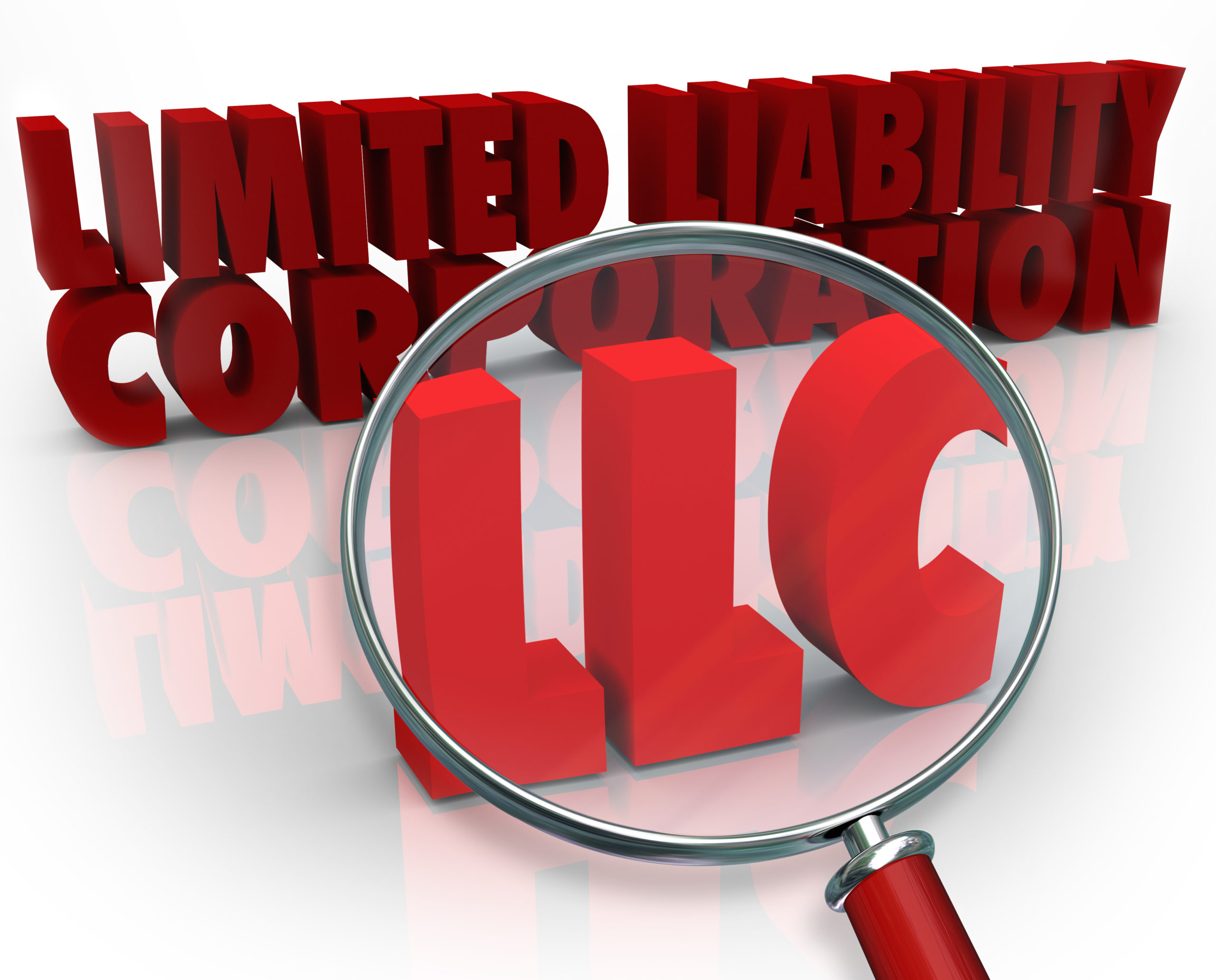The use of Limited Liability Companies (LLCs) is very popular in Florida. Most people assume LLCs offer sufficient protection from claims by judgment creditors against a member’s ownership interest. However, for the past decade, I have expressed concern regarding the continuing viability of single-member LLCs in Florida and have been advising my clients against forming such entities and/or to convert their existing single-member LLCs into multi-member LLCs (to the extent possible).
My concern dates to 2011, when I first read about proposed changes to Florida’s LLC laws, specifically with respect to the treatment of single-member LLCs and potential exposure to claims by judgment creditors against a member’s ownership interest. Before then, the general rule in Florida (as in most states) was that a charging order was the sole and exclusive remedy for a judgment creditor against a judgment debtor’s membership interest in an LLC. This remains the case as to multi-member Florida LLCs.
Since 2012, Florida law has permitted creditors to use foreclosure and other alternative collection remedies against a debtor’s interest in a single-member LLC.
In order to prevail, a judgment creditor must demonstrate to the court’s satisfaction that its judgment will not be satisfied from a charging order within a reasonable time. There must also be no factual dispute that the judgment debtor is the sole member of the LLC. Upon such a showing, the court may order a foreclosure sale of the judgment debtor’s interest in the LLC. Moreover, the judgment creditor may make such a showing to the court at any time after the entry of judgment and may do so at the same time the judgment creditor applies for the entry of a charging order.
If the LLC has only one member and the court orders a foreclosure sale, the purchaser at the court-ordered foreclosure sale obtains the member’s entire LLC interest (not merely the rights of a transferee), becomes the member of the LLC, and the judgment debtor ceases to be a member of the LLC.
For further information about commercial leases, real estate and contract issues in Florida or other business matters, please contact PLDO Partner Drew B. Sherman in our Boca Raton office at 561-362-2022 or email dsherman@pldolaw.com.
Disclaimer: This blog post is for informational purposes only. This blog is not legal advice and you should not use or rely on it as such. By reading this blog or our website, no attorney-client relationship is created. We do not provide legal advice to anyone except clients of the firm who have formally engaged us in writing to do so. This blog post may be considered attorney advertising in certain jurisdictions. The jurisdictions in which we practice license lawyers in the general practice of law, but do not license or certify any lawyer as an expert or specialist in any field of practice.


